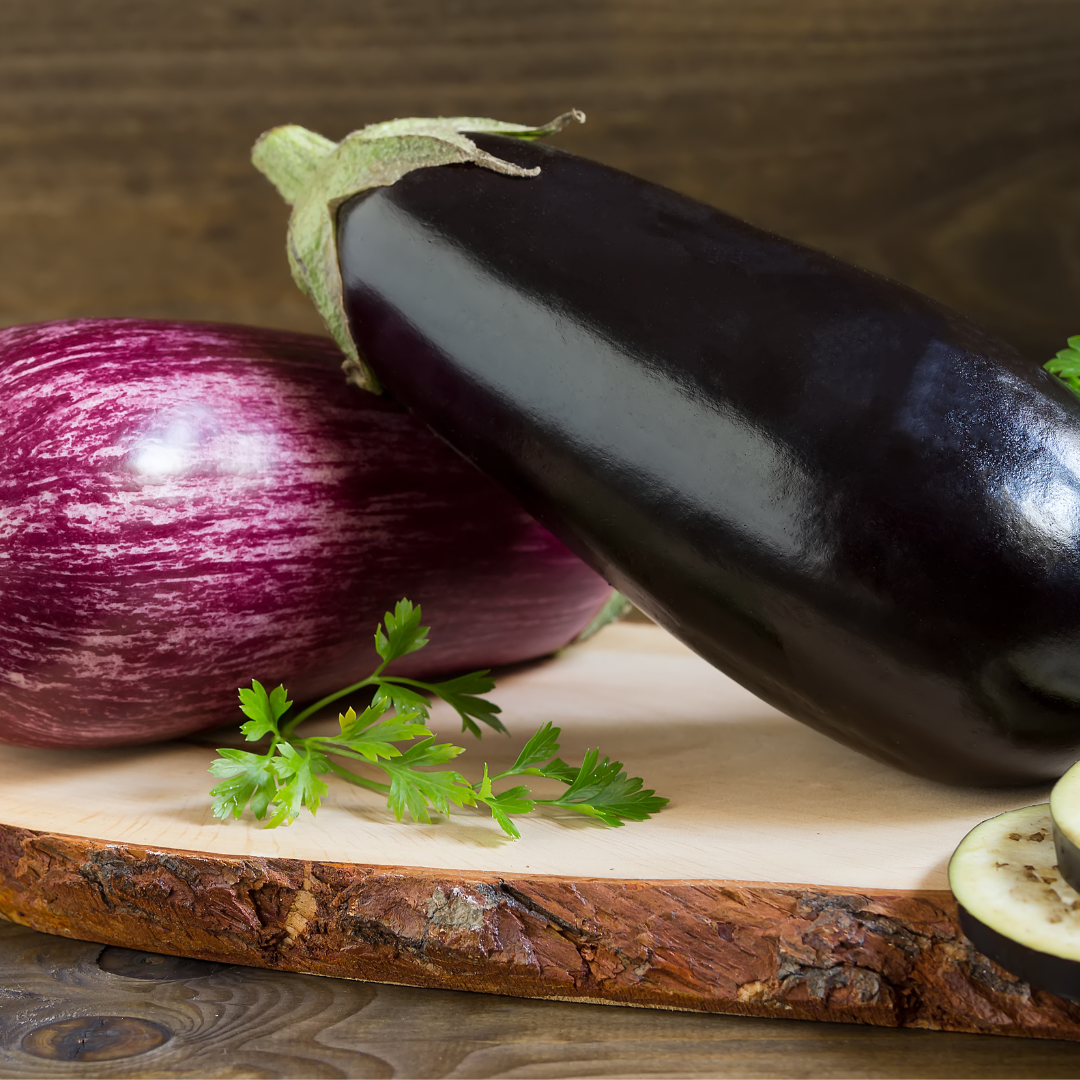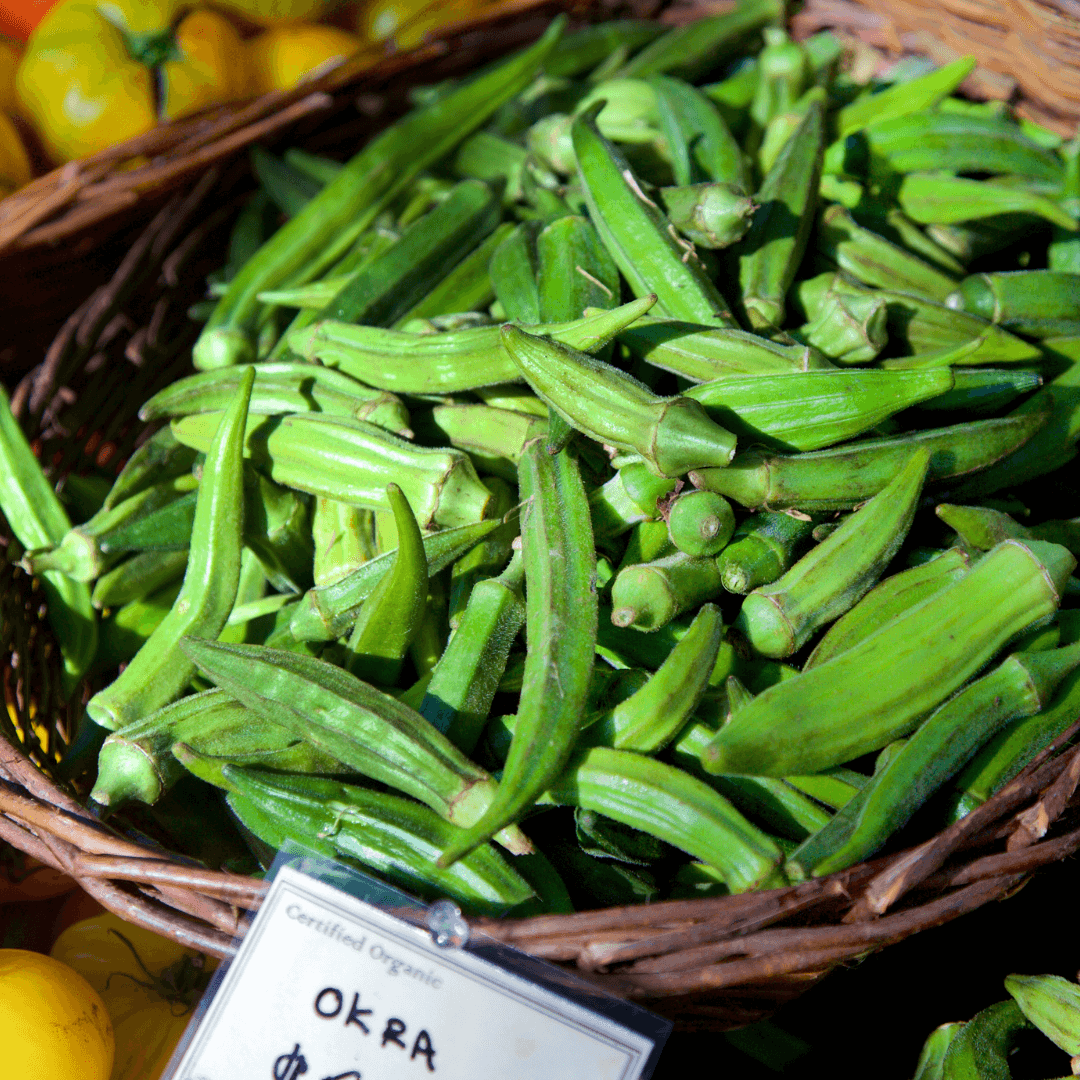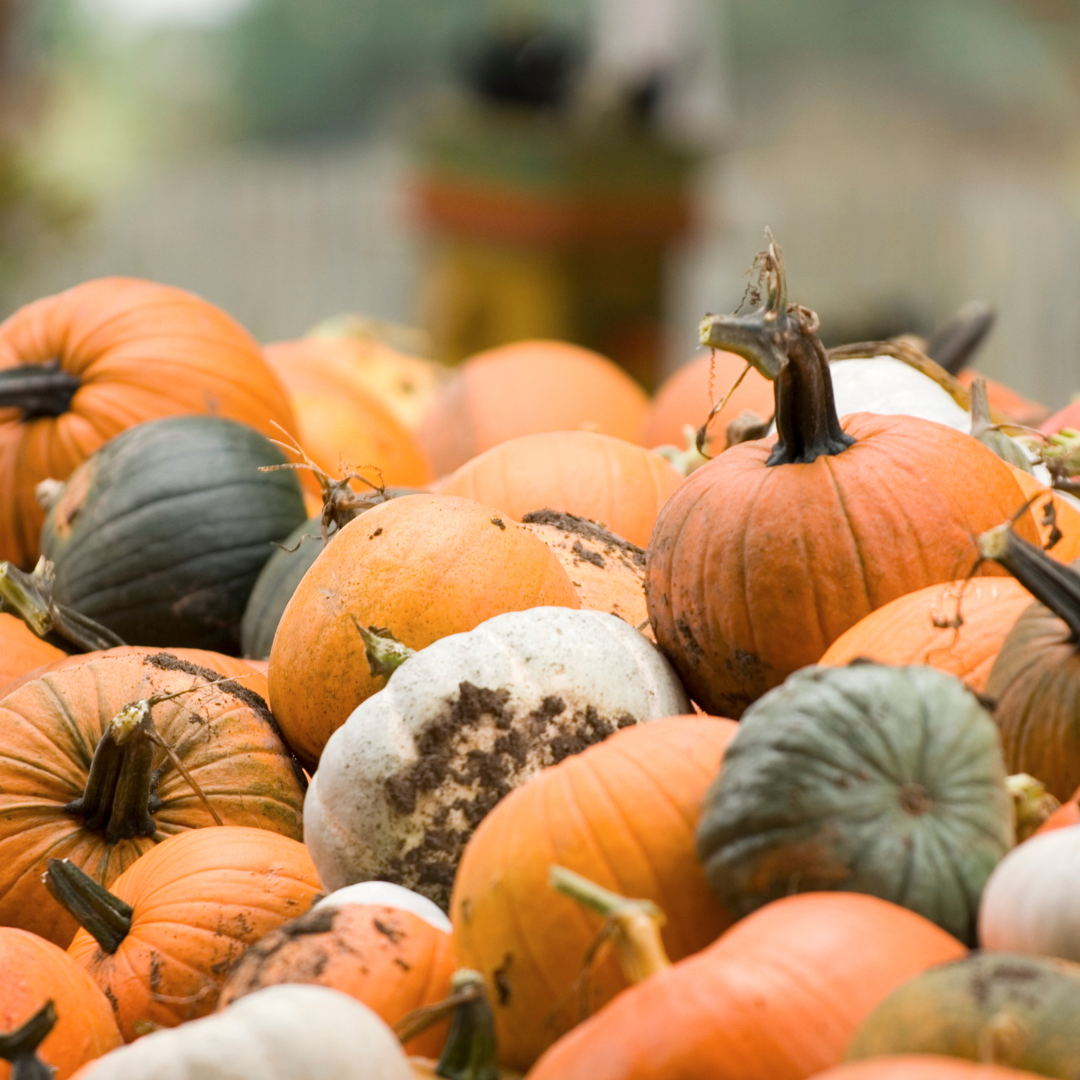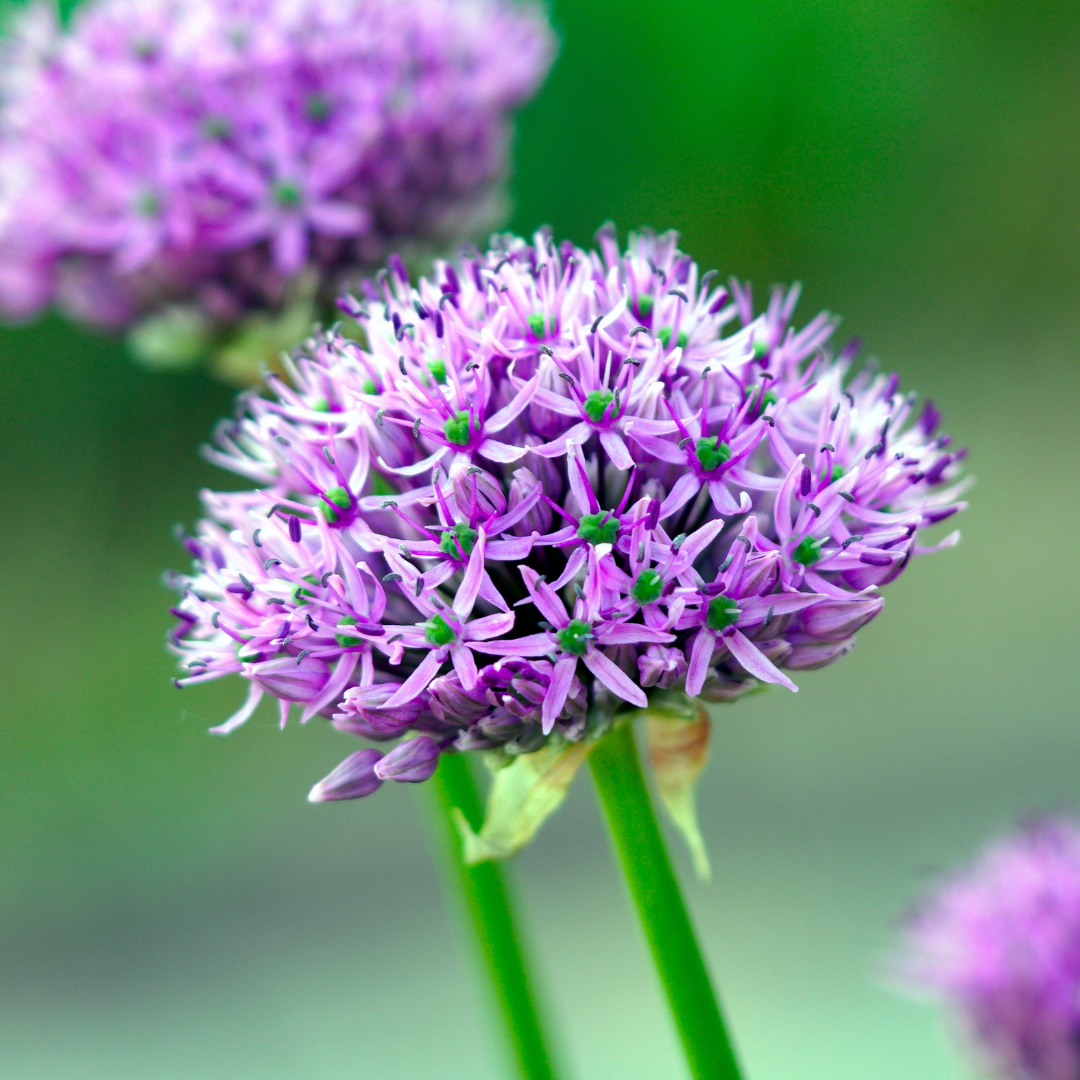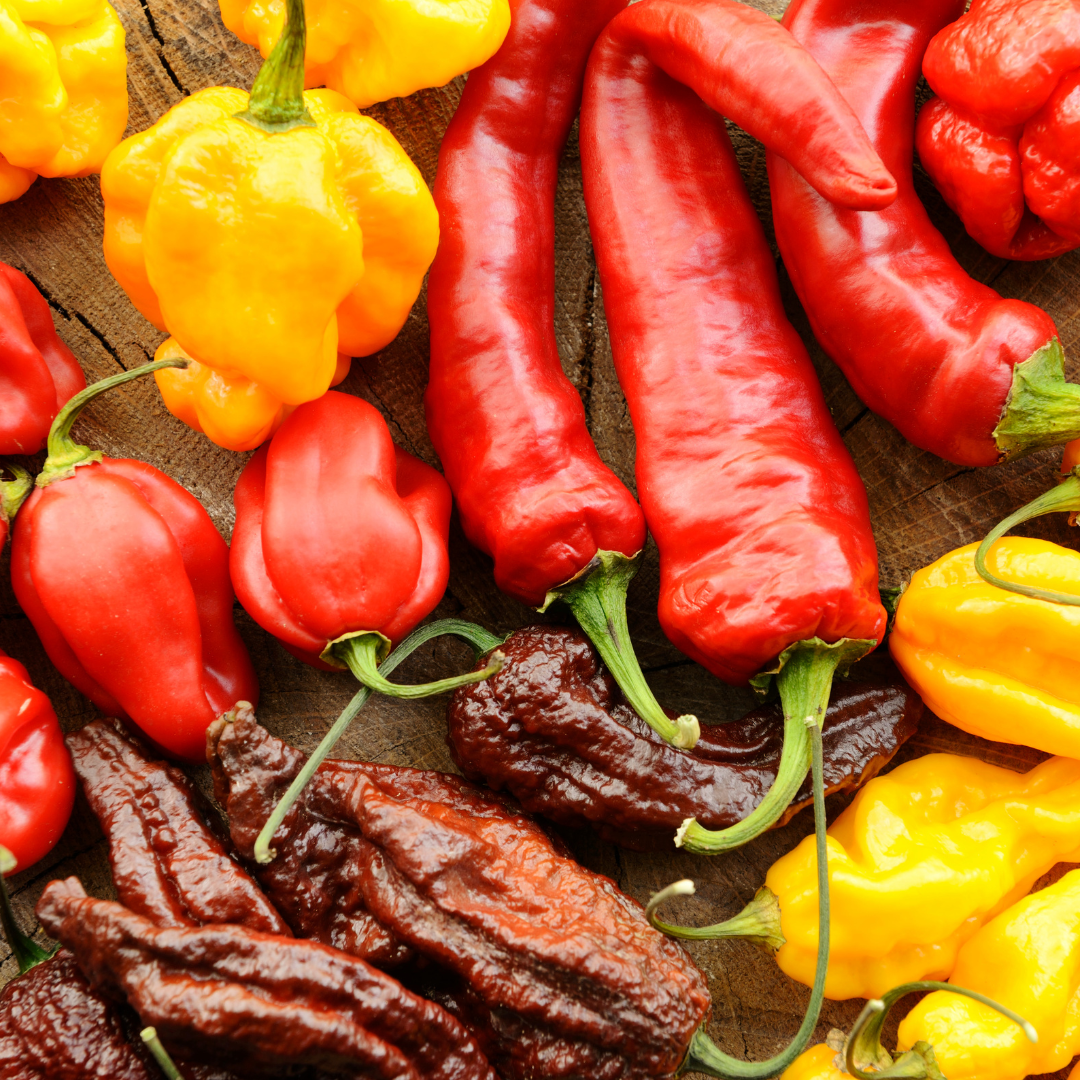India is a country that is known for its rich and diverse agricultural heritage. From the fertile plains of Punjab to the terraced fields of the Northeast, India has a variety of crops that are grown across the country. One of the most important components of Indian agriculture is vegetable cultivation. India is known for growing a variety of vegetables, and Indian vegetable seeds are in high demand all around the world. In this article, we will explore what are Indian vegetable seeds.
Indian Vegetable Seeds: Overview
Indian vegetable seeds are popular globally because of their high quality and productivity. These seeds are known to produce a high yield of nutritious and delicious vegetables, which are rich in vitamins and minerals. Indian vegetable seeds are grown across the country, and they come in a variety of shapes, sizes, and colors.
Importance of Indian Vegetable Seeds
Indian vegetable seeds are important because they play a crucial role in meeting the growing demand for vegetables. With the world population increasing rapidly, there is a need to produce more food using less land. Indian vegetable seeds are known for their high yield and resistance to pests and diseases, making them a popular choice for farmers worldwide.
Popular Indian Vegetable Seeds
Some of the most popular Indian vegetable seeds include:
- Okra: Okra is a popular vegetable that is used in many Indian dishes. It is also known as bhindi or lady's finger.
Clemson Spineless Okra Seeds

$2.49
Clemson Spineless Okra Seeds - Heirloom, Non-GMO, Non-Hybrid, Open-Pollinated for Your Garden Discover the timeless appeal of Clemson Spineless Okra seeds, a must-have addition for gardeners looking to grow a bountiful harvest of tender, flavorful okra pods. Our premium seeds… read more
- Eggplant: Eggplant, also known as brinjal, is a popular vegetable that is used in many Indian dishes, including baingan bharta and baingan ka bharta.
Black Beauty Eggplant Seeds

$2.49
Black Beauty Eggplant Seeds - Heirloom, Non-GMO, Non-Hybrid, Open-Pollinated | Perfect for Home Gardeners and Farmers Grow delicious and beautiful Black Beauty Eggplants with our premium-quality heirloom seeds! These non-GMO, non-hybrid, and open-pollinated eggplant seeds are perfect for home gardeners… read more
- Tomato: Tomato is a widely used vegetable in Indian cuisine. It is used in curries, chutneys, and salads.
Tomato Seed Assortment | 8 Variety Pack

$15.95
8 Tomato Seeds Variety Pack – Heirloom, Non-Hybrid, Open-Pollinated, Non-GMO – Perfect for Home Gardens! Unlock the secrets to a thriving tomato garden with our premium 8 Tomato Seeds Variety Pack! Carefully curated for tomato lovers and gardening enthusiasts alike, this… read more
- Chili pepper: Chili pepper is a common spice in Indian cuisine. It is used in curries, chutneys, and pickles.
- Bitter gourd: Bitter gourd, also known as karela, is a vegetable that is known for its medicinal properties. It is used in many Ayurvedic medicines.
- Cauliflower: Cauliflower is a popular vegetable that is used in many Indian dishes, including aloo gobi and gobi manchurian.
Snowball Y Improved Cauliflower Seeds

$2.49
Snowball Y Improved Cauliflower Seeds - Heirloom, Non-GMO, Non-Hybrid, Open-Pollinated Grow your own crisp and delicious Snowball Y Improved Cauliflower with our premium-quality seeds, perfect for gardeners who value heirloom, non-GMO, non-hybrid, and open-pollinated varieties. This early-maturing cauliflower produces smooth,… read more
Luffa Seeds
Luffa, also known as sponge gourd or turai, is a vegetable that is popular in many parts of India. It is a long, green, and cylindrical vegetable that is commonly used in curries and stir-fries. Luffa seeds are easy to grow, and they produce a high yield of vegetables. Luffa is rich in vitamins and minerals, and it is believed to have many health benefits.
Gherkin Seeds
Gherkin, also known as tindora or ivy gourd, is a vegetable that is popular in many parts of India. It is a small, green, and cylindrical vegetable that is commonly used in curries and stir-fries. Gherkin seeds are easy to grow, and they produce a high yield of vegetables. Gherkin is rich in vitamins and minerals, and it is believed to have many health benefits.
Growing Indian Vegetable Seeds
Indian vegetable seeds can be grown in a variety of climates and soil types. However, they do require specific conditions for optimal growth. Here are some tips for growing Indian vegetable seeds:
- Soil preparation: Indian vegetable seeds require well-draining soil that is rich in organic matter. Before planting, the soil should be tilled and amended with compost or manure.
- Watering: Indian vegetable seeds require regular watering. The soil should be kept moist but not waterlogged.
- Fertilization: Indian vegetable seeds require regular fertilization. A balanced fertilizer should be applied every few weeks.
- Pest and disease control: Indian vegetable seeds are susceptible to pests and diseases, so it is important to take preventive measures. Crop rotation, the use of organic pesticides, and maintaining proper sanitation can help control pests and diseases.
Seed Saving and Storage
Saving seeds is an age-old practice in Indian agriculture. Farmers have been saving seeds for centuries to ensure a good crop yield. To save Indian vegetable seeds, the following steps should be taken:
- Selection: Choose healthy and disease-free plants for seed saving.
- Harvesting: Harvest the seeds when they are fully mature and dry.
- Drying: Spread the seeds out on a clean, dry surface to dry.
- Storage: Store the seeds in a cool, dry, and dark place in an airtight container.
Future of Indian Vegetable Seeds
Despite the challenges, the future of heirloom Indian vegetable seeds looks promising. There is a growing demand for healthy and nutritious food, and Indian vegetable seeds are well-suited to meet this demand.
Conclusion
Indian vegetable seeds are an important component of Indian agriculture. They are known for their high yield and resistance to pests and diseases. Luffa and gherkin seeds are two popular Indian vegetable seeds that are easy to grow and produce a high yield of nutritious vegetables. Despite some challenges, the future of Indian vegetable seeds looks bright, and they are poised to play an important role in meeting the growing demand for healthy and nutritious food.



